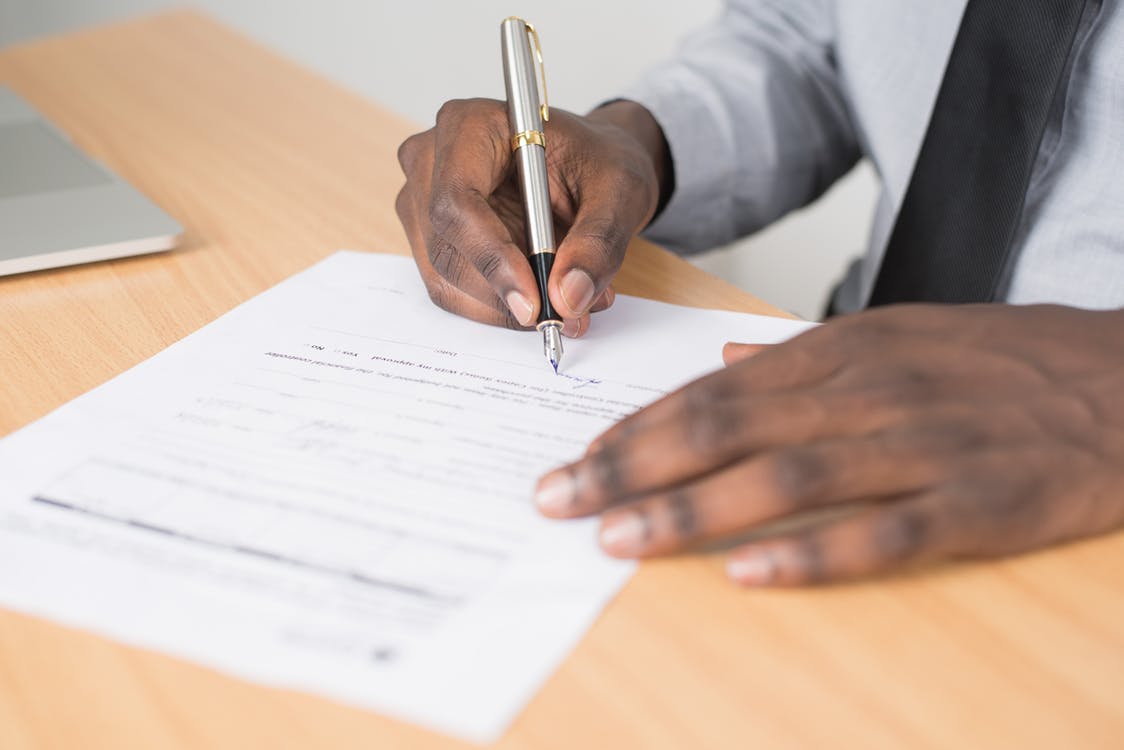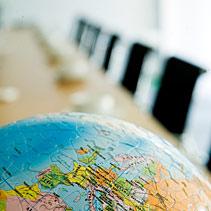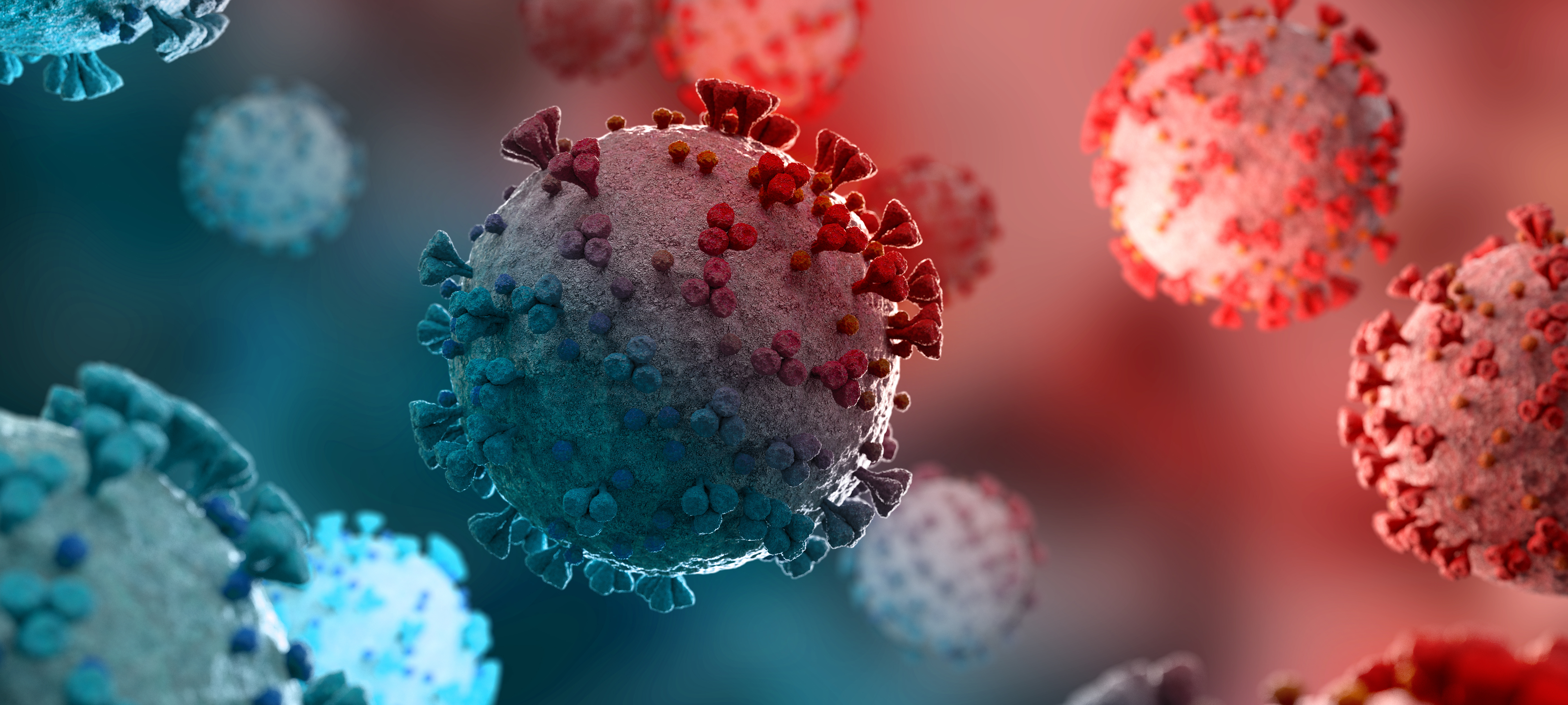2020
Copernicus Award 2020 for Outstanding German-Polish Collaboration in Cryptography
(21.04.20) Professor Dr. Sebastian Faust, TU Darmstadt, and Professor Dr. Stefan Dziembowski, University of Warsaw, have been chosen to receive the 2020 Copernicus Award from the DFG and the Foundation for Polish Science (FNP) for their collaboration in theoretical cryptography and IT security. Since 2006, the €200,000 award has been presented every two years to two researchers, one from Germany and one from Poland.
Cooperation with Partners in France and Japan: DGF to Fund Nine Artificial Intelligence Projects

Digital Technology
© CC0
(16.10.20) The DFG is funding nine artificial intelligence projects in cooperation with the Agence Nationale de la Recherche (ANR, France) and the Japan Science and Technology Agency (JST, Japan). Researchers from all three countries will be cooperating on these projects, which will receive funding amounting to approximately €7 million from the institutions involved.
Pre-Announcement: UK-German Collaborative Research Projects in the Humanities

(26.10.20) The DFG together with the Arts and Humanities Research Council (AHRC), part of UK Research and Innovation (UKRI), will launch a bilateral call for collaborative research proposals bringing together Arts and Humanities researchers in the UK with Humanities (including Law and Linguistics) researchers in Germany to conduct outstanding joint UK-German research projects. This is the third in a series of annual bilateral DFG/AHRC calls, following successful calls launched in 2018 and 2019. The detailed call for proposals is planned for 19 November 2020 with a deadline on 24 February 2021.
DFG Involved in the Science Granting Councils Initiative in Sub-Saharan Africa (SGCI)

(05.11.20) In 2015, the DFG Executive Committee adopted an Africa concept that aims to establish optimum framework conditions for research cooperation between sub-Saharan Africa and Germany through collaboration with DFG partner organisations. Given the heterogeneous nature of this rapidly developing region, opportunities for collaboration are to be identified as quickly as possible so as to enable the set-up and support of initial scientific cooperations.
German Universities and the DFG Support African TWAS-DFG Fellows During the Lockdown

© AdobeStock
(05.11.20) For 10 years, TWAS (The World Academy of Sciences for the Advancement of Science in Developing Countries) and the DFG have promoted cooperation of up to 50 postdoctoral researchers from sub-Saharan Africa and their hosts at research institutions in Germany.